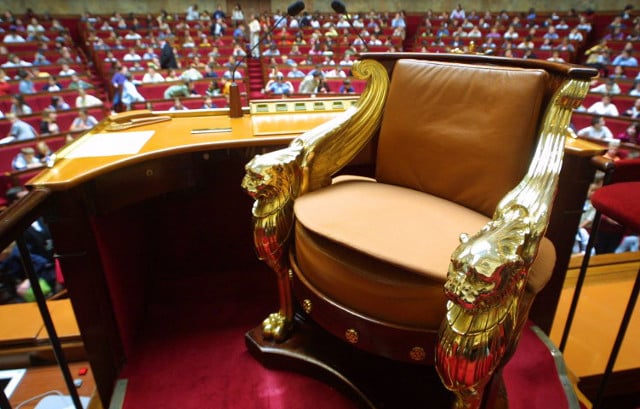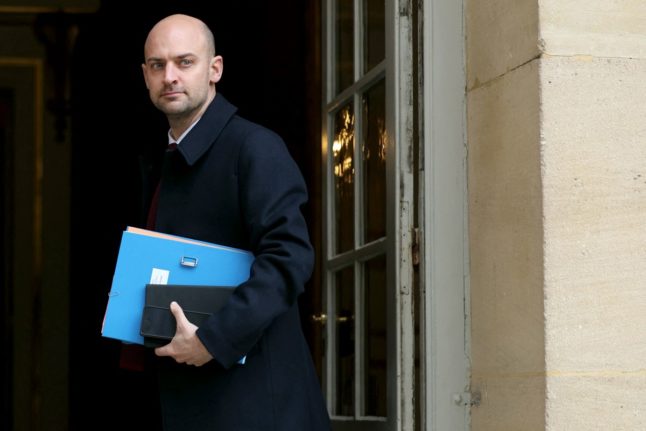Encore perdu. #parite #DeRugy #presidenceAN #femme @Fondationfemmes
— Anne-Cécile Mailfert (@AnneCMailfert) June 27, 2017
- Why Macron's supremacy could spell problems for both France and the president
- A look inside France's new, younger and less male dominated parliament
 Photo: AFP
Photo: AFP



 Please whitelist us to continue reading.
Please whitelist us to continue reading.
Member comments